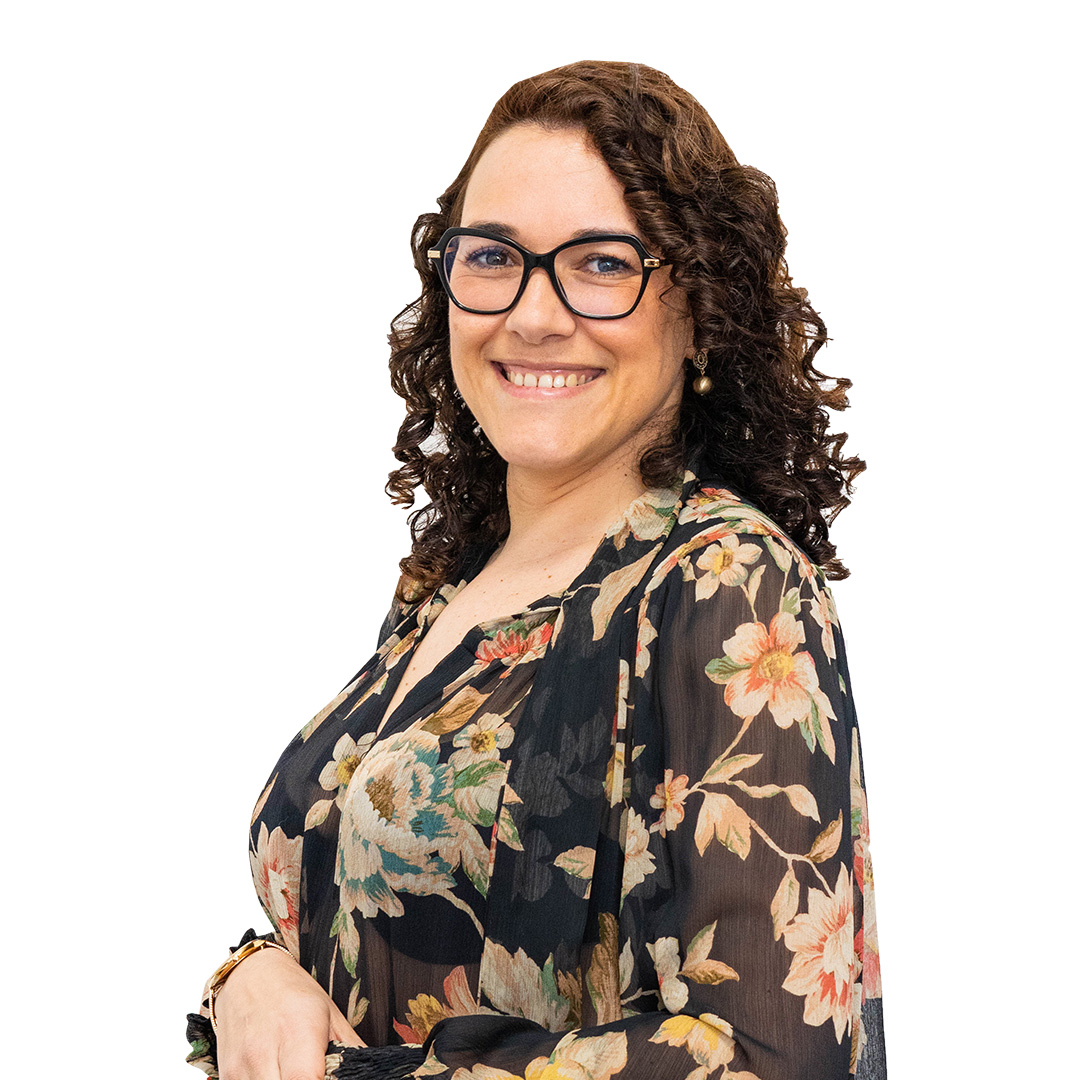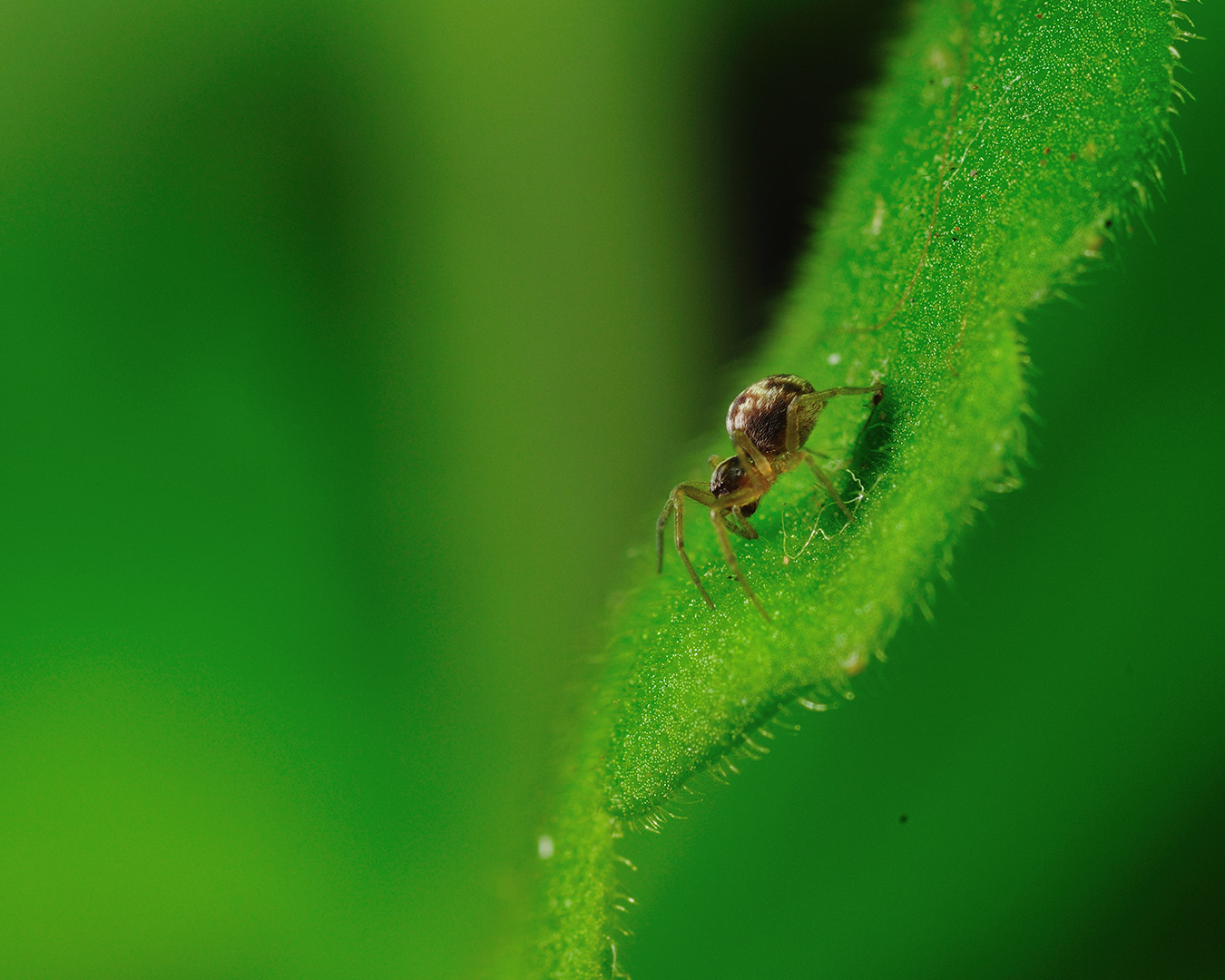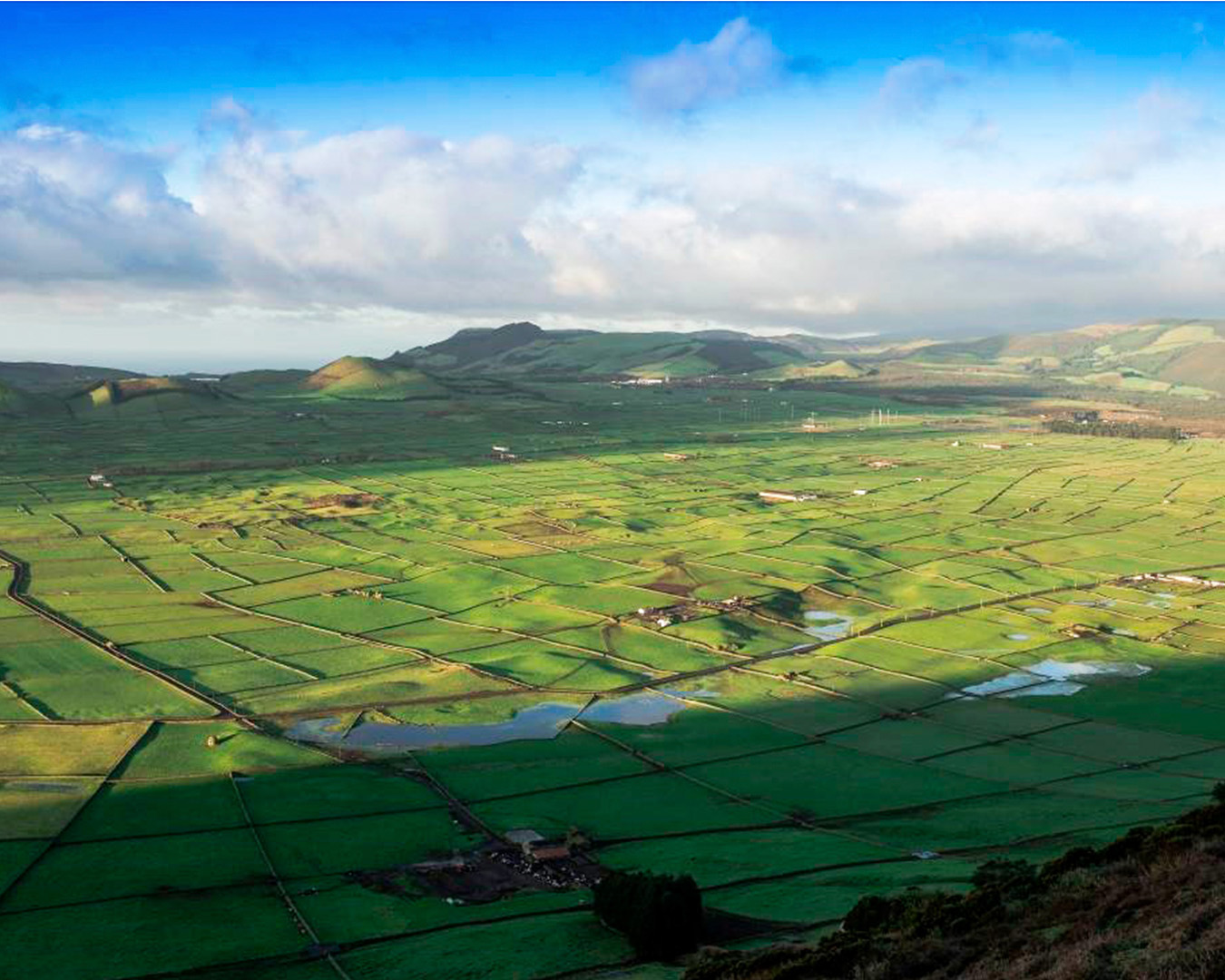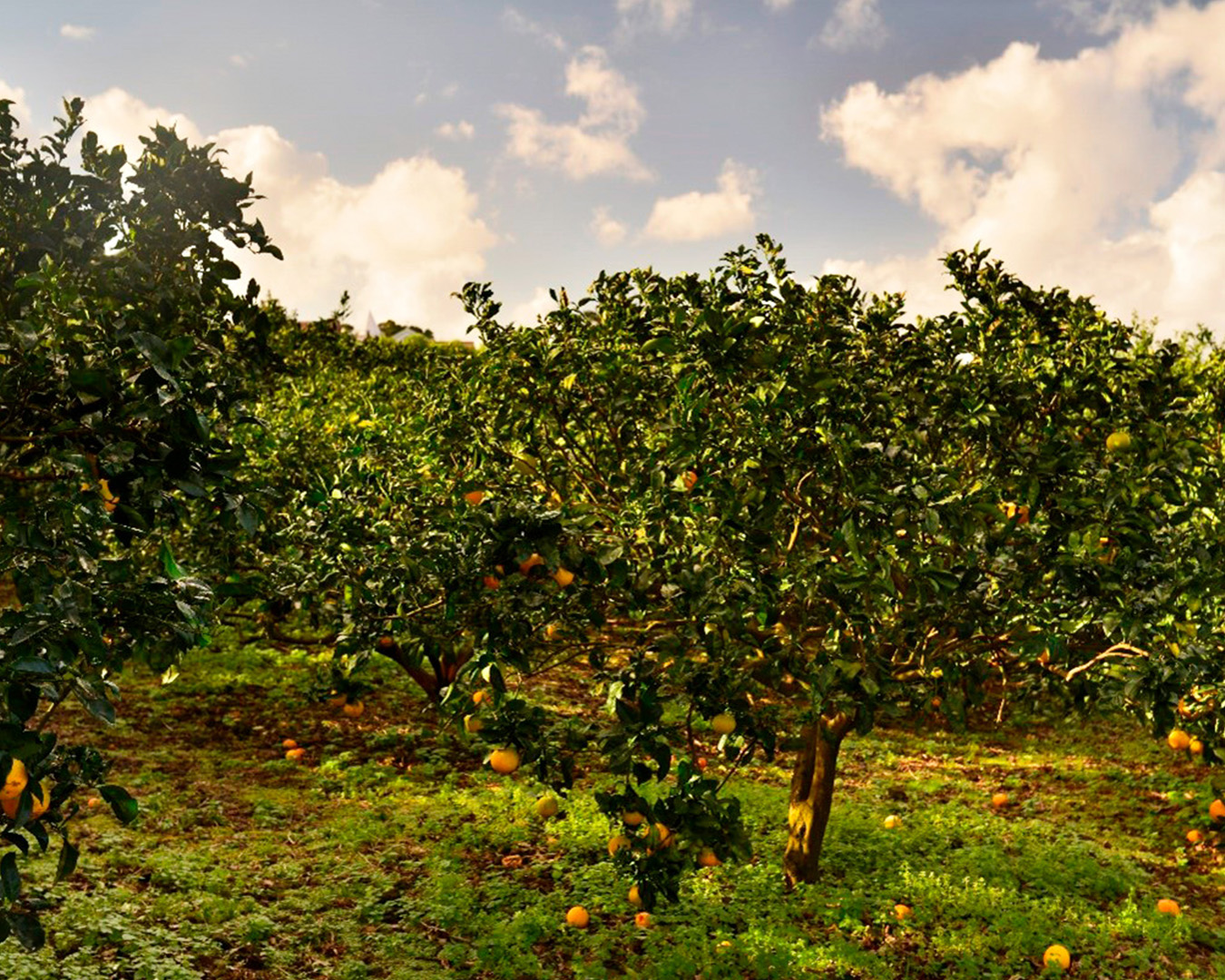
| Acronym: | AGRO-ECOSERVICES |
| Cost Center: | 841 |
| Operation Code: | ACORES-01-0145-FEDER-000073 |
| Title: | Assessment of ecosystem services provided by arthropod species in Azorean agroecosystems |
| Start-End: | 01-03-2019 - 31-12-2022 |
| Entidade Beneficiária Principal: | Fundação Gaspar Frutuoso |
| Gestores da FGF: | Lúcia Cláudio |
| Responsible Researcher: | Paulo Alexandre Vieira Borges |
| Organic Units: | FCAA - Faculdade de Ciências Agrárias e do Ambiente |
| R&D Units: | GBA-cE3c - Grupo de Biodiversidade dos Açores |
| Entidade | Montante |
|---|---|
| Total Eligible Cost | 187.445,68 € |
| Direção Regional da Ciência e da Tecnologia (15.0 %) | 28.116,85 € |
| PO Açores 2020 - FEDER (85.0 %) | 159.328,83 € |
Main Objectives:
Increase quality scientific production oriented towards intelligent specialization.
Azorean agro-ecosystems (pastures, corn fields, vineyards, citrus orchards) are economically dependent on Ecosystem Services (ES). The aim of this project is to understand and manage the biodiversity dynamics of insular agricultural ecosystems to improve ecosystem functioning and the provision of SE. In fact, the crops with the largest growing area in the Azores islands are pastures, followed by maize. Corn-pasture rotation is common, both serving animal production. Due to their long coexistence and close taxonomic relationship (both are grasses), several pests interact with both crops throughout the year. These interactions need to be better understood, as significant yield losses are being observed in both crops. Vineyards and citrus orchards are among the most important crops in the Azores. Both crops have significant problems with pests and diseases due to benign environmental conditions that facilitate their spread and sometimes due to inappropriate cultural practices.
Our main goals are:
1) Evaluate the main ecosystem services (ES) and ecosystem disservices (ED) provided by selected groups of native and exotic arthropods (pollinators and predatory spiders, true insects and bed bugs and also the main insect pests) that live in cultivated habitats (pasture, cornfields, vineyards, citrus orchards) and in selected natural ecosystem sites that will serve as reference monitoring sites;
2) Study the interrelationships between the functionality of arthropod biodiversity (pollinators and predatory spiders, bed bugs, beetles and main insect pests), and SE / DE in agroecosystems selected Azoreans;
3) Implement ecological manipulative studies to increase SE and possibly minimize DE in selected Azorean agroecosystems;
4) Follow the EU Biodiversity Strategy for 2020 (provided for in Goal 2, Action 5), map and assess the state of ecosystems and their services in the Azores, reporting this information across the EU and nationally by 2020;
5) Map and classify the SE that agro-ecosystems provide through living organisms, using the Common International Classification of Ecosystem Services (CICES) protocol;
6) Adopt the S/EICAT, to classify the contributions from living organisms that agro-ecosystems bring to human well-being;
7) Promote scientific dissemination targeting different stakeholders, including the establishment of a pilot demonstration project;
8) Propose a standardized system of fast and reliable monitoring for the functioning of the ecosystem.
Project Description:
The methodologies that will be implemented during the development of the project will include ecological field sampling of arthropod biodiversity (pollinators and predatory spiders, true insects and bed bugs and also the main insect pests) , but also advanced SE/ED monitoring tools and advanced manipulative studies to improve SE and possibly minimize ED in selected Azorean agroecosystems. For reasons of logistical and scientific support, we will base the development of the project on Terceira Island, where the Azores Biodiversity Group has its laboratories, but the results will be easily extrapolated to the entire Azores archipelago.
The comparabilities, similarities and replication possibilities of the Azorean islands provide valuable opportunities to test and develop theories on the functioning of biotic systems, with a special focus on the ecology of island communities, biogeography, macroecology, agroecology and sustainable resource management. This project will advance research on SE and DE in island systems and provide guidelines for the management of alien species in agricultural systems. In response to the challenges of insular biology research, this project will: i) provide quantitative data on the intensity of various SE / DE in natural conditions in the Azores islands, and ii) in their agro-ecosystems. Furthermore, iii) new knowledge will be produced on the effects of native and non-native biodiversity on ecological processes that can be beneficial (SE) and/or harmful (DE) for humans.
Results:
This will be the first effort to quantify SE and DE in various agro-ecosystems in an outermost region of the EU, using the Azores as a case study. In this way, we will contribute equally to the RIS3 of the Azores and to the EU Biodiversity Strategy for 2020.
The results of this project will also serve to obtain quantitative estimates of the minimum number of arthropod individuals necessary to maintain the functioning of ecological processes. During the project, tools will be tested and developed to directly monitor SE and DEs, and the quantitative data obtained will help to more precisely articulate the relationship between biodiversity and SE, which remains one of the most important theoretical questions in ecology.
Finally, we intend to test to what extent it is possible to apply the SEICAT protocol to classify the contributions that agro-ecosystems bring to human well-being, which arise from living organisms, a an important innovative aspect appears in this project; we will present a new methodological approach that can be readily integrated into regional and international practices and policies.
Consequently, in addition to advancing the fundamental knowledge of SE and DE ecology in insular agro-ecosystems, the AGRO-ECOSERVICES project will have several potential applications in the social, economic and technological domains, through multiple societal challenges.
We hope to produce a dissemination book in PDF, advising farmers and agro-ecosystem managers to increase the potential of natural ecological mechanisms in order to maximize the benefits arising from ecosystem services , including production, urban environmental conditions and quality of life.
During the project, we will communicate our results to the scientific community through publications in high-profile international scientific journals. We hope to publish at least four articles directly related to this project. It is anticipated that the research results will be published in high impact scientific journals (e.g. Journal of Applied Ecology, Oikos, Insect Conservation and Diversity). One of the scientific articles will be an article on the distribution of arthropod species and will target the scientific journal Biodiversity Data Journal (Pensoft). The scientific articles will reflect the collaborative nature of the project and will contribute enormously to the global research agenda in biological conservation and sustainable management on islands.
We hope to publish at least two data scientific articles describing and listing all the distribution data and characteristics of arthropods in the scientific journal Açoreana, Arquipélago, Life and Marine Sciences.
In the final phase of the project, a Scientific Workshop will be organized at the University of the Azores to disseminate the results of the project among local actors, students and other professionals working in the Azorean agro-ecosystems . In addition, the Post-Doc will lead trainings with agro-ecosystem stakeholders. At least two of these sessions will be implemented, one on Pico Island and another on São Miguel Island.
A pilot project for the sustainable management of cultivated plots will also be developed, with suggestions for strengthening SEs in an agro-ecosystem in the Azores.





